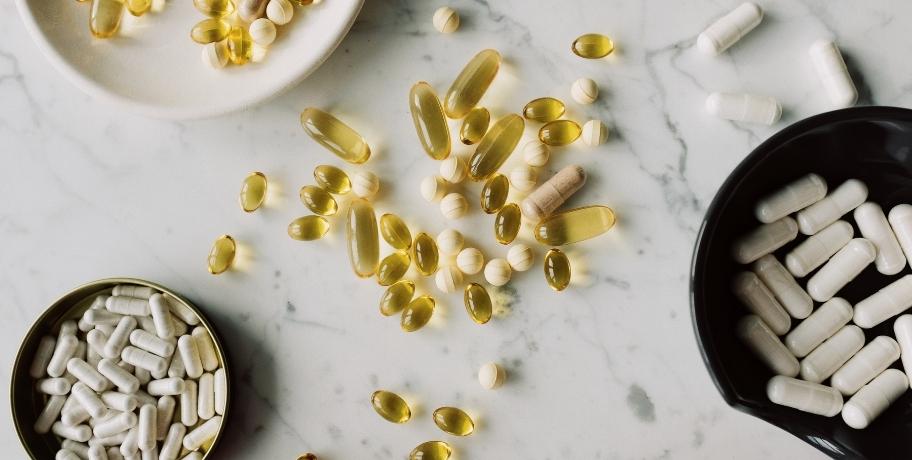
What is cellulose gum?
Cellulose gum, also known as carboxymethylcellulose or sodium carboxymethylcellulose, is an ingredient used as a thickening agent, binder, emulsifier, and stabiliser in food and sometimes in dietary supplements. Along with xanthan gum, cellulose gum is the most common thickening agent in ready meals. Cellulose gum is made from cellulose, which is fibre from plants, usually without any animal additives or gluten.
Do our dietary supplements contain cellulose gum?
Our dietary supplements do not contain cellulose gum. Instead, our supplements contain the purest form of 100% plant-based hydroxypropylmethylcellulose (HPMC). This is not the same as cellulose gum. The amount of hydroxypropylmethylcellulose in a capsule is, in fact, negligible, about 125 mg, or 0.125 grams.
Cellulose, fibres, and starch
The starch in vegetables, root vegetables, and fruits contains bonds that the body can break down, allowing us to absorb the energy from the starch. However, cellulose has bonds that the body cannot break down. Cellulose is fibre that nourishes the gut bacteria. If you are concerned about cellulose in general, you would not be able to eat any vegetables, root vegetables, or fruits, as cellulose naturally occurs in them.
Is gelatin an alternative?
Almost all gelatin comes from cows or pigs. Gelatin can be good for making capsules, but it does not suit all types of contents, as reactions can occur between the gelatin and the contents. Gelatin is also not suitable for everyone. It can come from animals that have had a difficult life or from animals that have eaten sprayed grains. Gelatin derived from melted animal parts is troublesome for vegans and animal rights advocates, even if the gelatin is of high quality. We believe that high-quality gelatin is good for the right type of content, but we believe the same about high-quality cellulose.